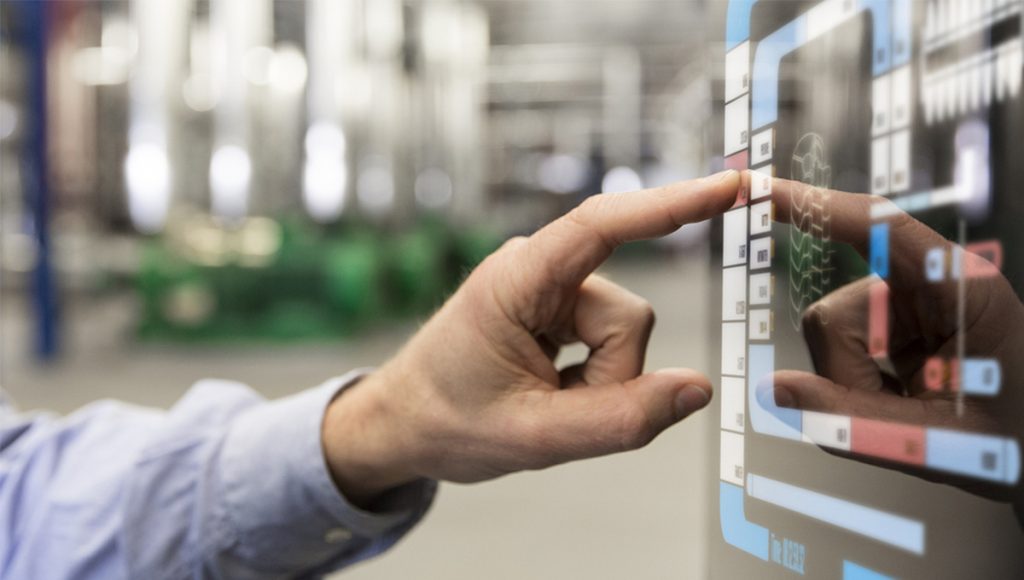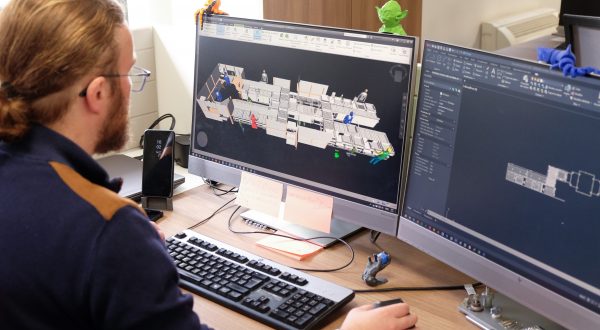
As-a-service contracts are starting to emerge, albeit hesitantly, in the manufacturing world. Chemical leasing in particular has made its debut in some European plants.
Connected supply chains, breakdown predictability, equipment maintenance flexibility, broader consideration of customer requirements… These are just some of the ways in which Industry 4.0 is radically changing industrial facilities. And although CAD/CAM systems, sensors and 3D printing have made significant inroads into production lines, it’s less about getting rid of machines than about introducing new ones. So does the manufacturing sector’s receptiveness to digital technologies stop at manufacturing processes or might industry, too, be open to a transformation of its business models?
Clearly, the industrial world starts in adopting the as-a- service approach. Because it is in their culture to be focused on their equipment and infrastructure, manufacturers remain attached to the concept of ownership.
As-a-service contracts
Still, an increasing number of businesses are making the change, and instead of buying lighting systems, printers and computers, they are turning to leases that offer light, per-page printing, and storage capacity.
As-a- service contracts are also starting to reach the chemical resources sector.
Indeed, chemical leasing has already been adopted in a few facilities. Under this system, it is no longer a question of plants buying detergents but a cleaned surface area, or of ordering paint cans but a volume of painted parts, or of being billed for solvent weight but for a quantity of treated metal parts. In this as-a- service industry model, which is currently in place across several Renault, SAFECHEM and BASF Coatings Services sites, the supplier retains ownership of the chemical that it leases to its customer.
A virtuous model
This is proving to be a virtuous model in terms of resource efficiency. In conventional models, suppliers are encouraged to sell an ever-greater amount of products to boost turnover. However, with chemical leasing, the cost structure is reversed: it’s no longer the customer who pays for products consumed, but rather the supplier – who will seek to reduce quantities to increase profit.
In Europe, Germany and Austria have started to assess the impact of this on their industrial sectors. In the US, businesses have been turning to chemical management services (CMS). In this business model, customers buy chemicals and related services, in other words supply, transport, inventory management and management of end-of- life chemical products. Suppliers are paid on the basis of the quality and quantity of services provided so as to reduce resource consumption. So will “industrial management services” be next?
12/10/2016

